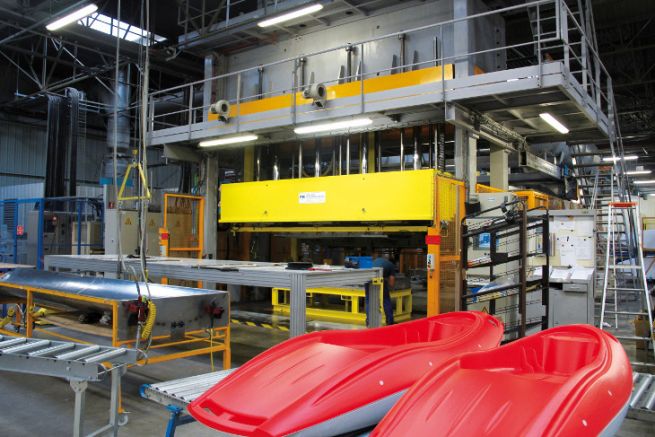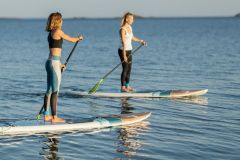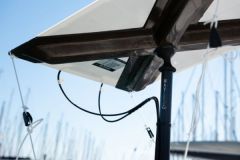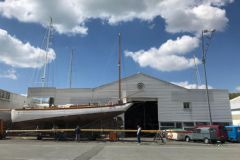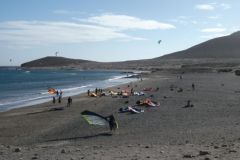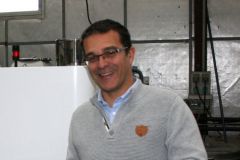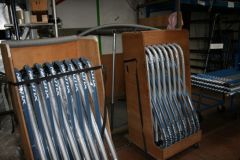Bic Sport becomes Tahe
Bic Sport has been a well-known brand in the world of water sports since its creation at the beginning of the 1980s, and will disappear at the end of 2020. The products in the Bic Sport range will bear the name Tahe from January 2021. This change is the direct consequence of the takeover of the French brand and its factory in Valais by the Estonian group Tahe Outdoors in November 2018 . "No longer part of the Bic group, it is normal that the name changes. It's quite a challenge, but we have the support of our network who will explain that this is the continuation of Bic Sport. It's the network that sells our products," reassures Benoit Tréguilly, head of communication and marketing for Tahe Outdoors France.
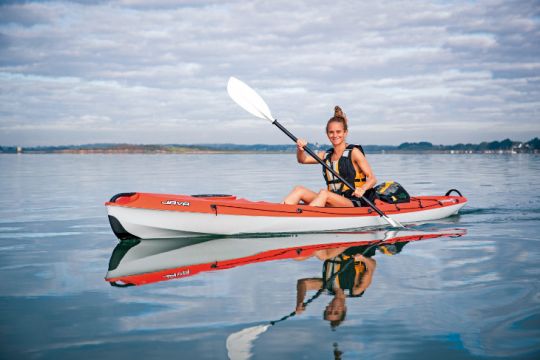
Industrial, strategic and product line continuity
Change is all about marketing. It is part of the Tahe Outdoors group's desire for continuity, which also owns the Core kitesurf and the Egalis paddles. "All production remains in Vannes. The ranges are continuing. There is a strategic continuity with, as every year, new models. This year we are going to focus on the development of a new foil windsurfing support to create an international one-design for young people as we did for the Techno 293 OD" illustrates Benoit Tréguilly.
Synergies were found in the distribution network, particularly in the Nordic countries. "As Bic Sport is already present in 92 countries, a large part of the current network comes from Bic Sport," says Benoit Tréguilly.
The Luxembourg fund KJK, owner of Tahe Outdoors, created KJK Sports in 2019 to group together all its activities in the field, from cycling to skiing, including sailing with the Slovenian sailing yachts Elan Yachts. It intends to develop distribution and supply synergies through its brands.
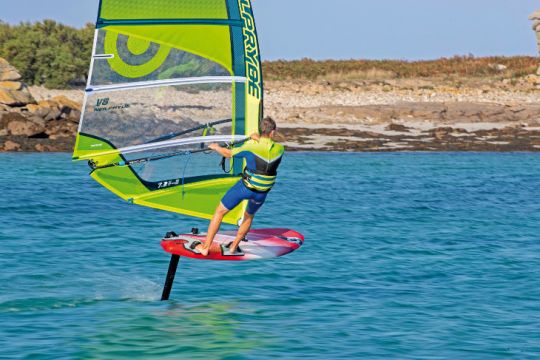
The Made In France water leisure supported in the crisis
Maintaining the valve factory has proven to be an advantage for Tahe Outdoors in the 2020 water season. The company has seen a real rebound after the deconfinement. "People wanted to have fun on the water and there was a shortage on the market because China hadn't produced. The manufacture of kayaks and boards in France made it possible to be reactive. There was a real rebound, without totally compensating for the sales and production losses linked to the containment" concludes Benoit Tréguilly.

